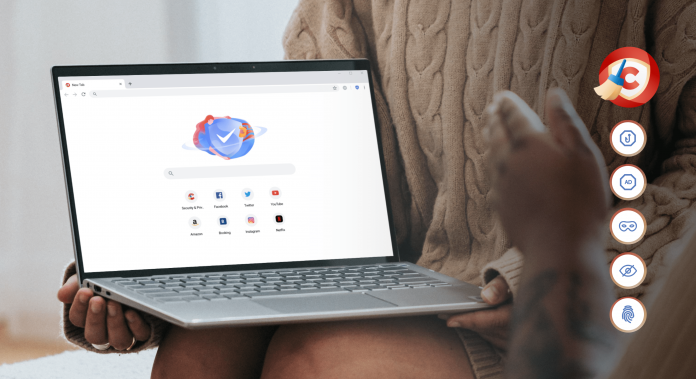

- Does the ccleaner malware infect android users install#
- Does the ccleaner malware infect android users update#
- Does the ccleaner malware infect android users upgrade#
- Does the ccleaner malware infect android users software#
- Does the ccleaner malware infect android users download#
I'm currently seeing/investigating an issue with an account that keeps getting created in the "Credentials Manager" on Windows 10, I'm starting to wonder if this is related to CCleaner on a machine that did get it. It's always worth a bit of due-diligence, and think why has an installer increased in size by a third? I saw the size increase and backed off from updating. At the time I searched and also found another version on the Piriform website - CCleaner 'slim' which was still 6.8MB in size.
Does the ccleaner malware infect android users install#
The installer will install Google Chrome if it's not already installed on the machine.
Does the ccleaner malware infect android users software#
On seeing the size increase, I assumed they were shipping some form of Google Chrome add-on/other software included.
Does the ccleaner malware infect android users update#
(Oddly 5.34 is still 9.4MB, but downloading the update in the software downloads 6.4MB).
Does the ccleaner malware infect android users download#
I had version 5.32 installed, and noticed the download installer had increased in size to 9.4MB for version 5.33, up from 6.8MB for 5.32.
Does the ccleaner malware infect android users upgrade#
The article is confusing because Piriform is now owned by Avast, but the installer that is infected was downloaded in the normal way when you check for upgrade via FileHippo/Pirform This is the normal standalone installer that everyone uses. Such attacks are likely to continue for the coming years, especially as most companies migrate their infrastructure to centrally-managed cloud-based systems.No, this is the normal version of CCleaner that is affected, not some specialist Avast version, shipped with Avast, avast now own Piriform. Supply-chain attacks are today's top threat, and government agencies in the US and France have recently issued alerts about an ongoing campaign perpetrated by Chinese hackers. "We believe all global software companies, including both Microsoft and us at Avast, will need to continue to vigilantly protect our networks from attacks by those who seek to damage us and our users," Avast told us.īut Avast and TeamViewer aren't the only companies that have been targeted only to serve as a jumping point into the network of other companies.

As long as an app is good at its job, hackers are going to keep coming. As the company told ZDNet, the threats it's facing are no different than what its competitors are facing.įor example, TeamViewer, which offers an eponymously named product, also suffered a security breach at the hands of Chinese hackers back in 2016. However, this huge userbase is also the reason why Avast bought it in the first place.Īvast's plan of attack involves bolstering its security. The app's gigantic userbase makes CCleaner a perfect target for supply-chain attacks. It's an all-in-one system administration toolkit, and one very good at its job, if we're to look at its download numbers. The app now supports remote management features, hard drive defragmentation, email alerts, cloud-based management features, and many more. However, as previously stated in this article, today, CCleaner is more than just a "useless" registry cleaner. In the light of this second hack, many users have expressed their opinions today, claiming that Avast should just retire CCleaner, as the app is only a magnet for state-sponsored hackers, and that the app has no real purpose (many consider registry cleaner apps as being useless or plain harmful). While Avast refrained from attributing the attack to any threat actor, the Czech Security Information Service (BIS), the country's intelligence service, said in a press release today that Chinese hackers were behind this attack, just like in the first. The company is still investigating this second breach but said that hackers weren't successful at pushing out a malicious CCleaner release today. This was their entry point inside Avast's network. Avast said hackers compromised an employee's VPN credentials to access a temporary VPN profile that was left active and without 2FA protection.


 0 kommentar(er)
0 kommentar(er)
